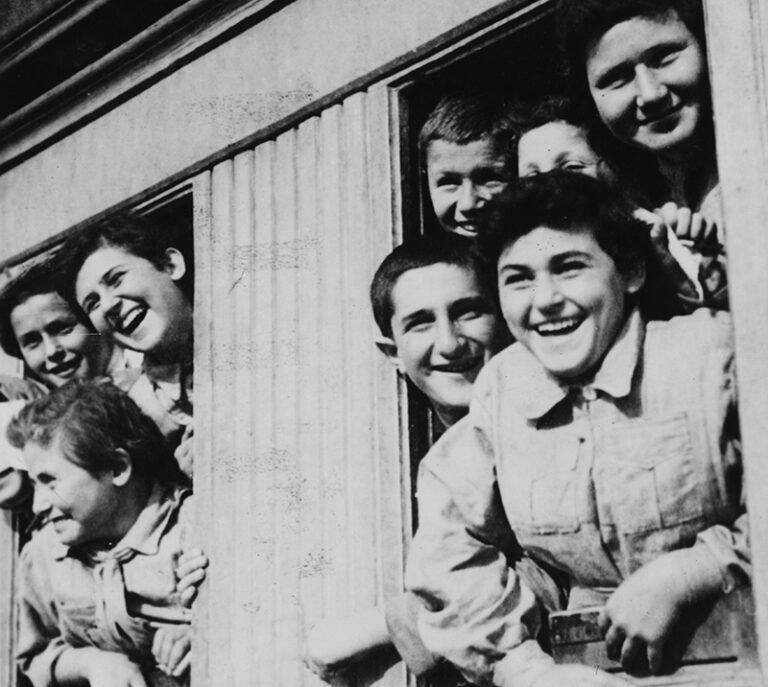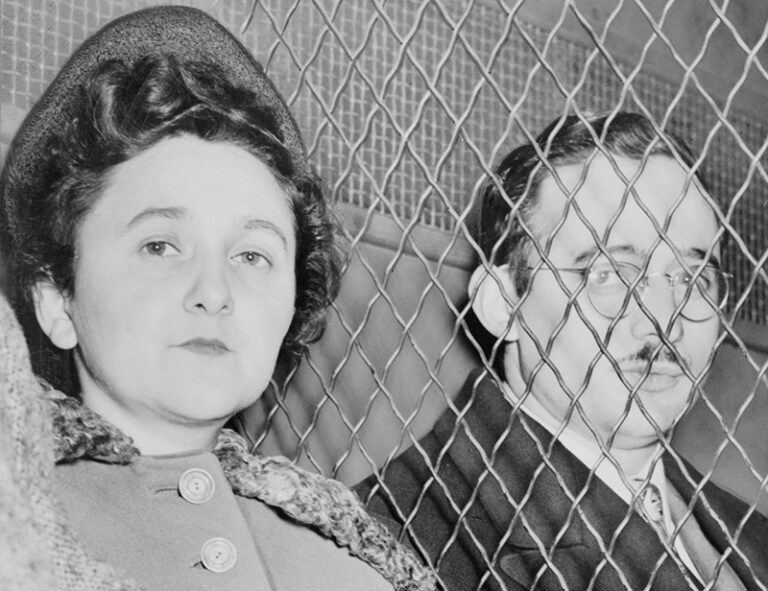An AJHS Podcast Hosted by

ABOUT THE SERIES
The Wreckage is a narrative podcast from the American Jewish Historical Society chronicling the unique stories of Jewish Americans, from the years immediately following World War II through the end of the Cold War. In the aftermath of history’s most destructive war, American Jews mobilized through aid work, military service, and activism to help solve the largest refugee crisis in history. While fears of a resurgence of fascism were at the forefront, the very real threats of the spread of totalitarian Communism continued to build.


ABOUT THIS SERIES
The Wreckage is a Webby Award Nominated narrative podcast from the American Jewish Historical Society chronicling the unique stories of Jewish Americans, from the years immediately following World War II through the end of the Cold War. In the aftermath of history’s most destructive war, American Jews mobilized through aid work, military service, and activism to help solve the largest refugee crisis in history. While fears of a resurgence of fascism were at the forefront, the very real threats of the spread of totalitarian Communism continued to build.
The archives at the American Jewish Historical Society (AJHS) contain millions of documents and photographs and hundreds of hours of audiovisual materials that are a trove of untold stories about one of the most tumultuous times in world history. Through historical audio, commentary from historians and other experts, and first-hand testimony from those who lived through this time, listeners will learn the extraordinary stories of the Jewish Americans who rallied in the aftermath of World War II to help survivors start new lives, stood up against Joseph McCarthy and the House Un-American Activities Committee during the second American Red Scare, and worked to free Soviet Jews trapped in peril behind the Iron Curtain.
New episodes are released bi-weekly.
OUR HOST

PRAISE FOR THE WRECKAGE
AJHS has mined its world-renowned archives to produce an important podcast that educates listeners on American jews and post-World War II history. Through these unique stories we learn about the serious challenges faced by refugee survivors, service men and women and aid workers and how they met and overcame them. It’s beautifully narrated by Rebecca Naomi Jones, and the narration is interspersed with original audio featuring special guest historians. I was transported in time and felt history brought to life. The Wreckage is a gripping and profoundly moving oral history of a difficult period in our history and it serves as a reminder of how it shaped the culture and identity of America’s Jews.
Ilsa Klinghoffer
Listening to The Wreckage, we hear the very best of the American Jewish Historical Society. It shares the story of American Jews in the years surrounding World War II with context that informs the present. The podcast is expertly written, draws from the archives, told eloquently by Rebecca Naomi Jones, and brings together the very best scholars of American Jewish history.
Zev Eleff, President of Gratz College
The Wreckage SEASONS
After WWII, Jewish Americans worked to address the refugee crisis, punish war criminals, and re-educate bystanders. These efforts unfolded amid fears of a Fourth Reich and rising Cold War tensions with the Soviet Union.






